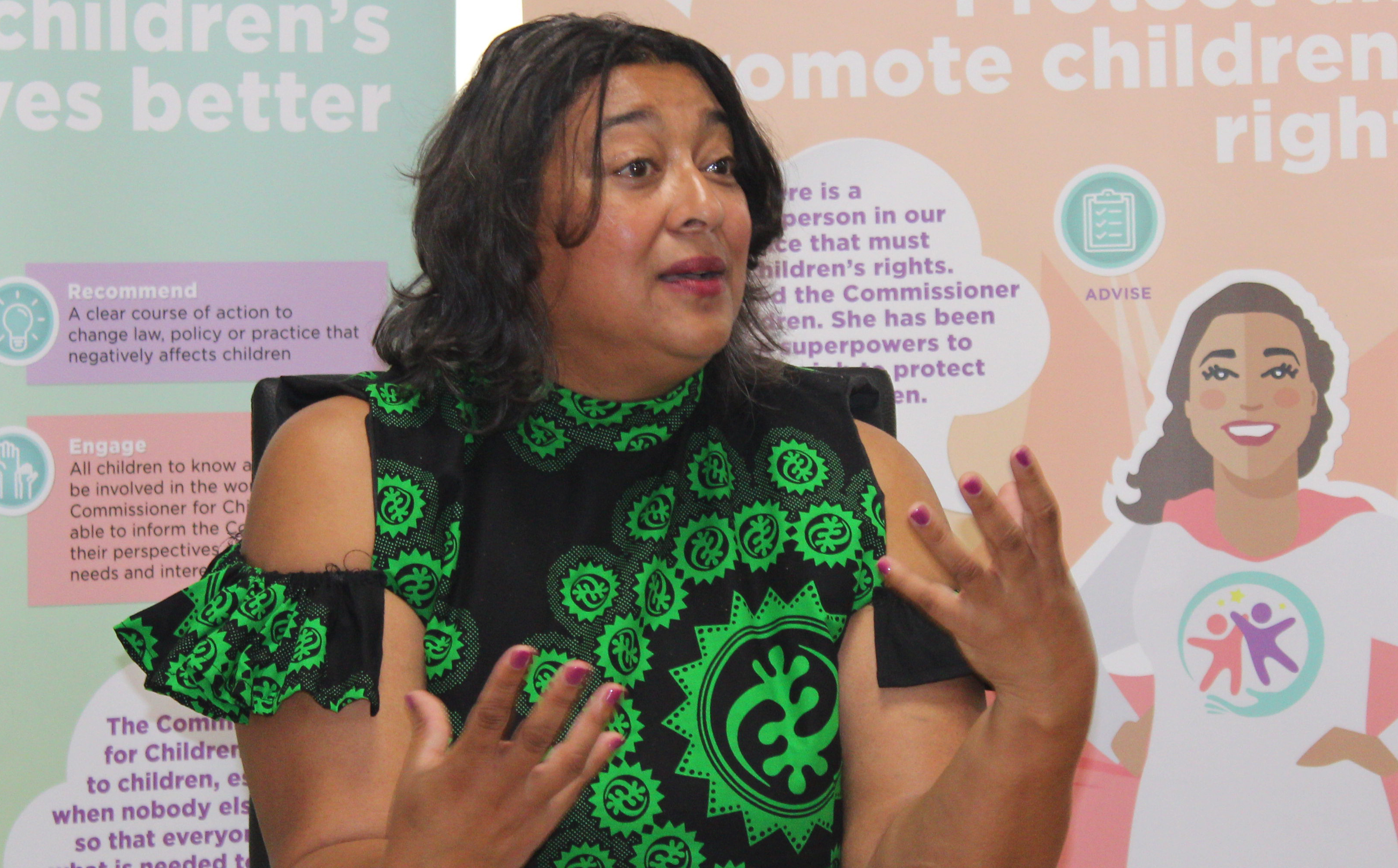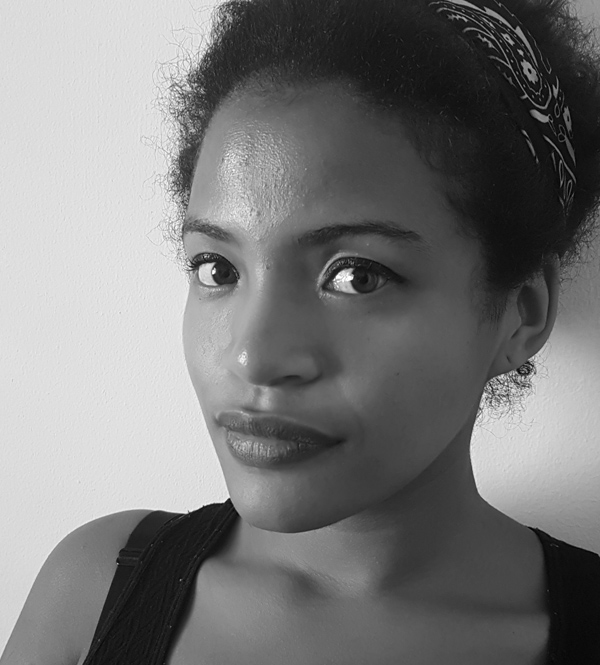The first term of the Western Cape Children’s Commissioner is soon coming to an end, and its outgoing commissioner, Christina Nomdo, says she hopes her successor will focus on the ongoing crisis within the education sector.
Nomdo spoke to Daily Maverick shortly after the provincial legislature began the process of finding her replacement – her five-year term ends on 31 May 2025. She has been in office since 1 June 2020, then deep in the heart of the global Covid-19 pandemic.
While the search for her replacement has just begun, Nomdo says she would like her successor to focus on education.
“The next commissioner, I would like for them to have a look deeper into the education system because I think that’s where a lot of the challenges that the children face on a day-to-day basis play out,” she said.
In her handover report, she will say education “is an area where you can make immense impact if you focus on it”.
The problems in the Western Cape education system are well known: budget cuts leading to shortfalls, which will affect classroom sizes. There is also the issue of late placements, with the provincial education department pleading with parents each year to submit registration applications on time.
The Western Cape Children’s Commission office is the first and only of its kind in the country. It’s appealing to children, with bright colours, posters on the walls and scattered beanbags.
It’s accountable to the provincial legislature and is mandated to monitor, investigate, research, educate, lobby, advise and report on matters related to children in the province.
When Daily Maverick first spoke to her in 2020, shortly after her historic start, she highlighted two key issues in the province: the Covid-19 pandemic and alleged acts of racism against school learners.
Read more: Strategically and systematically: How the Western Cape Children’s Commissioner will approach her job
Establishing the institution
Nomdo said issues around mental health had been destigmatised. A positive aspect of the Covid period, she said, was that “all of us started to admit we’re overwhelmed; we need to take care of ourselves more”.
“I think the children brought that out strongly during that time because they were the first ones sent out, remember, to the schools, they were worried about bringing home the virus.”
Her office has since been able to work with children in person and in their communities. This includes taking child activists who work with her office right into the heart of governance, including making budget submissions and visits to hospitals to ensure government spaces are accessible and child-friendly.
Nomdo said that during her term, because of the newness of the institution, “People will always be sceptical about what it can do, what value it has.”
Her term involved setting up the institution. “So to expect massive change in society, massive change in systems is a bit ambitious, you know.”
She said they had made impacts in terms of children’s voices in government, including participating in budget processes and ensuring services were accessible to children in languages they could understand.
She was immensely proud of what the first term had achieved.
“There’s no doubt about that,” she said, adding, “but changing the way government works, for example, takes much longer than that.”
Nomdo said the institution would “only bear fruit if we allow it to mature – so if we allow that accountability system to exercise its full power on the departments for which it has oversight”.
Read more: Christina Nomdo, the Western Cape’s new ‘facilitator’ for children’s voices
Voting and food security
Despite their best efforts to advocate for the inclusion of children in decision-making processes and oversight of departments, Nomdo said there was still ageism among child monitors and activists who worked alongside her.
“We found that the austerity measures, the budget cuts were really influencing the state of services, and we found that as in the whole of society … there’s ageism. So when you have professionals that are well qualified and you bring them children to talk to, they talk down – if you bring them even a lay person to talk to, they talk down.
“It’s almost as if they don’t know how to make their message accessible and you get that sort of attitude of superiority from them, and that’s what the children really didn’t like,” she said.
Right now, she said, “Food security for children is still a big concern, child abuse and neglect, the rights of LGBTQI individuals, they feel very strongly about that.”
Nomdo said children were also concerned about voting.
“They also feel very strongly that we should have the vote at 16 because children are often seen as political pawns. You kiss a baby when you want to win a campaign, but children are not real decision makers because they don’t vote,” said Nomdo.
She said children wanted to take a stronger role in governance: “They want to be part of that conversation so that they influence decisions that government makes to the benefit of children.”
Nomdo pointed out that, “The poor are getting poorer, so children are becoming more deprived than what they were before.”
Read more: Back to school: Children have their own stresses – it’s time to listen to them
When asked what she would be doing next, Nomdo said: “I’ve been a child rights activist for most of my 30 years of experience, and I cannot see a different path for myself, so I will continue to work in the children’s rights sector. I will continue to do work towards progressing children’s rights. I’m looking forward to new adventures and new ventures,” she said. DM





